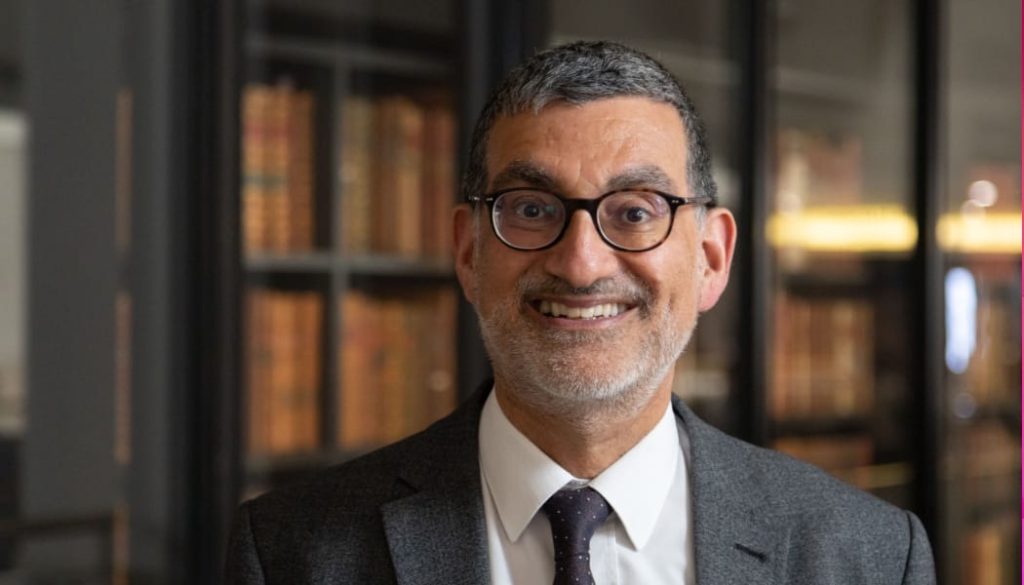
The current Director of Collection and Curation at the British Library is set to leave the role after four years for a new position at the British Museum.
Dr Xerxes Mazda will join the museum’s Executive team in Spring as its new Director of Collections. He will be responsible for the stewardship and care of the collection. The museum said Mazda “will play a key role in the strategic leadership of the museum, as well as on the Masterplan.” The Director of Collections leads the Collections Directorate, supporting the curatorial teams.
While Mazda is currently Director of Collection and Curation at the British Library, he has previously worked at the British Museum, serving eight years from 2005-2013 as Head of Interpretation and then Head of Learning, Volunteers and Audiences.
His career has also seen senior roles at National Museums Scotland, Royal Ontario Museum in Canada, and London’s Science Museum.
Dr Mazda said: “I am delighted to be coming back to the British Museum at this turning point in its history to lead the committed curatorial teams who look after one of the greatest collections in the world.
“There are some big opportunities on the horizon with the Masterplan, and I am passionate about working collaboratively to look at how we’re engaging visitors with our objects in the best way possible through exhibitions and outreach. It is vital too that as an institution we remain curious – continuing to expand our own knowledge of the collection through research and partnership to balance our role as both a much-loved attraction but also as a centre of educational excellence.”
The museum’s Director, Dr. Nicholas Cullinan said the returning appointment “brings a wealth of experience that will be invaluable to the museum – especially at this moment in our history.
“Xerxes is respected across the sector, and as we build momentum on the delivery of our Masterplan, I am thrilled to know we will have Xerxes’ input on how we collectively reimagine the British Museum in collaboration with a global community for the widest possible audience and future generations.”